Bangabandhu’s Homecoming: The resolve to establish an ideal state
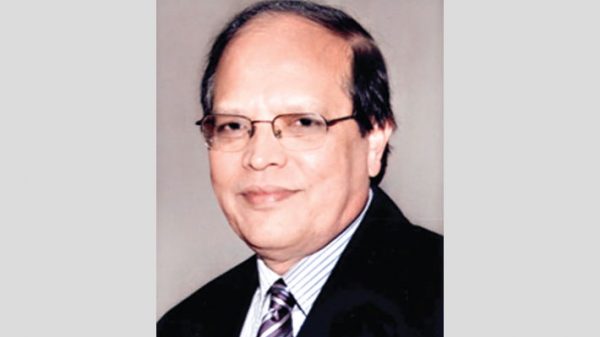
Dr Atiur Rahman:
This year’s January 10 is being celebrated in a different aura. We, as a nation, are jubilantly celebrating this happy and auspicious occasion of the Father of the Nation Bangabandhu Sheikh Mujibur Rahman’s Homecoming Day along with the commemoration of Bangabandhu’s birth centenary as well as golden jubilee of Bangladesh’s independence.
Though Bangladesh became free from the clutches of Pakistani invaders and their collaborators on December 16, 1971, freedom was yet to be complete. Bangabandhu, who represented the soul of Bangladesh, was still locked in Pakistan. Due to the tireless efforts of the then Indian Prime Minister Mrs. Indira Gandhi and the assiduous diplomatic efforts of Mujibnagar Government, international calls for the release of Bangabandhu grew stronger every day. Finally, the vanquished Pakistani regime was forced to release Bangabandhu unconditionally.
A free Bangabandhu landed on the independent Bangladesh on January 10 by a special flight of Royal Air Force from London. Earlier on that day, as a token of gratitude, Bangabandhu took a short break at New Delhi’s Palam Airport. He was welcomed by Indian President V.V. Giri, Prime Minister Mrs. Indira Gandhi, key members of the cabinet, diplomats, and esteemed members of the society. There he said, “This journey is from darkness to the light, from captivity to freedom, from dissolution to hope.” He also expressed his conviction that with the cooperation of two friendly nations, his ‘Sonar Bangla’ will surely be a beacon of prosperity.
Later that day, when he landed in his long cherished independent Bangladesh, the airport was already filled to the brim with freedom-loving people coming from all over Bangladesh. The streets, the balconies, the rooftops of the houses adjacent to the road were all filled with the crowd. His eyes were full of tears. The people who came to receive him were also weeping. Prime Minister Tajuddin Ahmed was holding Bangabandhu in his arms as tears rolled down his cheeks. The tears on the eyes of the people of Bangladesh were borne of happiness just as much as they were of immeasurable sorrow for loss of their dear ones during the war. Just think about how much love Bangabandhu had in his heart for his people as he didn’t go straight to meet his family. Instead, he went first to meet the people of Bangladesh at Racecourse Ground.
Bangabandhu paid his deepest tribute to the martyrs of the great Liberation War as he said, “My Bangladesh has been independent today, my life’s desire has been fulfilled today, the people of my Bengal have been liberated today. My Bengal will remain free. … I pay tribute to those of my brothers who made the supreme sacrifice, suffered martyrdom, I give them my regards, seek forgiveness of their souls.” He hoped, “… together we will build a new and prosperous Bengal. The people of Bengal will cheer up again, live life merrily and breathe freely in an open atmosphere.”
Though he was imprisoned far away from his homeland, he knew in his heart that the independence of Bangladesh was imminent as he told, “Bangladesh is an independent and sovereign state. Bangladesh shall remain independent.” On that day, with steel-strong resolve, he declared, “Since we have been independent, we’ll remain independent if Allah wills. The struggle shall continue as long as a single living soul exists in this Bangladesh.”
His emotional utterings go on to represent the vision he had for Bangladesh. He proclaimed, “… if the people of my country do not get fed, if the youth do not get jobs or get employed, then this independence will fail- it will not be complete.” Simultaneously he resolved to make Bangladesh an ideal state with no scope of communalism. He wanted nationalism, democracy, socialism, and secularism as the core principles of his ideal state.
Bangabandhu’s calls were then for reconstruction as he ordered, “… today we are faced with numerous challenges which require immediate resolution. Reconstruct devastated Bengal. You should start reconstructing roads on your own.”Amidst the corpse laden Bangladesh as the people mourned their martyrs; he continued to raise the morale of his people despite his heart being weighed down with grief.
The Second World War was already a distant memory back then, but still American forces had bases in Japan and Germany. The same was true for Korea as well. Bangabandhu was also aware about that as he said, “On my way home, I had a discussion with Mrs. Indira Gandhi in Delhi. I can tell you it since I know her very well. I hold her in high regard. … The day I instruct, Indian army will leave the soil of Bangladesh, and she has already started withdrawing her forces.” He also urged United Nations to provide Bangladesh the stage it deserves as an independent nation. At last, he went to his family and from the next day onwards he immersed himself completely in pursuit of reconstruction of the war-torn country.
Before surrendering, the invading Pakistani forces took all the money out from the central bank vault and burned it. Roads, ports, railways, bridges and culverts were destroyed. Apart from the challenge of resettlement of ten million refugees, two million burnt houses had to be rebuilt at that time. The core challenges were – to feed the people, to resume agricultural production, to re-open industrial plants, to meet the skyrocketing expectations of the youth. Yet, Bangabandhu did not give up in the face of so many challenges. He was keen on converting challenges into opportunities.
By capitalizing on the soil and people of this country, he went into the struggle for economic liberation. He gifted the nation an excellent constitution that guarantees the economic, social and political rights for the next generation to build a strong, egalitarian and prosperous Bangladesh. In just nine months, despite the scarcity of resources, he initiated the first five-year plan without hesitation. He was dedicated to achieving extraordinary goals including education, health, agriculture, industry, social security, women’s empowerment, and environmental protection. His development journey was challenged by natural disasters on the one hand and rising global oil prices and skyrocketing inflation on the other. Pakistan’s nasty diplomacy was hampering US food aid to Bangladesh.
Nevertheless, Bangabandhu was taking his dream Bangladesh forward by facing these challenges. Due to his planned initiatives for food production, industrial output, education, health, social security and development of physical and social infrastructure, war-torn Bangladesh was moving forward with her head held high. In just three and a half years, per capita income rose from USD 93 to USD 273. Food shortages were declining, and inflation was in downward trend. The limit for investment in the private sector was increased. The macro-economy was stabilizing. Most of the countries recognized Bangladesh by that time. The country was moving forward on the path of his dream. But due to the blows of the traitors, the dream journey of this great son of Bengali history was suddenly stopped on August 15, 1975.
After many years of struggle, the country has returned to the path of fulfilling the dream of Bangabandhu. Today’s Bangladesh is ‘development surprise’ to the world. The country has now graduated from the LDC status to the developing status. The per capita income is now USD 2,554. Bangladesh’s per capita income growth rate for over a decade has remained the highest in Asia. The structural transformation of Bangladesh’s economy in the last fifty years has been amazing.
Bangladesh is now moving towards industrial transformation primarily based on fast moving apparel manufacturing. However, due to the success of mechanization- agricultural productivity per acre in Bangladesh is relatively higher in Asia. Though, per capita arable land is declining, production is increasing. With this, agriculture is becoming more diversified and modernized. Bangladesh’s success in the export-oriented industry is also noteworthy. The East Asian success story of development is being replicated in Bangladesh with a caveat of inclusion.
During this period of Covid-19 pandemic, the expatriate income of USD 22 million came into Bangladesh in the last one year. The exports have increased by 28 percent in the last six months. The imports have increased by more than 50 percent during this period, where 30 percent of imports are related to machineries. All in all, the pace of Bangladesh’s economic recovery is astonishing. Our farsighted and pragmatist leadership, hardworking entrepreneurs and workforce have shown the world an example of how to keep the wheel of the economy running in times of crisis.
More and more export orders are coming, and the pace of foreign remittance income is also on the rise due to government incentives. That is why our foreign exchange reserves are stable, foreign debt is less than 15% of GDP and with stable inflation even if it has been rising slightly. The government and the central bank are always working to increase the income of the people. In such a reality, this year when we are celebrating the Father of the Nation’s birth centenary and his 50th homecoming day, the new variant of coronavirus is scowling. So, we all have to be very careful to follow the hygiene rules besides fast vaccination to keep life and livelihood intact. Today is the day to take the pledge that we will not risk the progress of our business, trade and economy in any way. Surely, Bangabandhu’s Bangladesh of ‘Peace, Progress and Prosperity’ will move forward by overcoming all the challenges. Long live Bangabandhu. Long live Bangladesh.
The writer is the Bangabandhu Chair Professor of University of Dhaka and former Governor of Bangladesh Bank


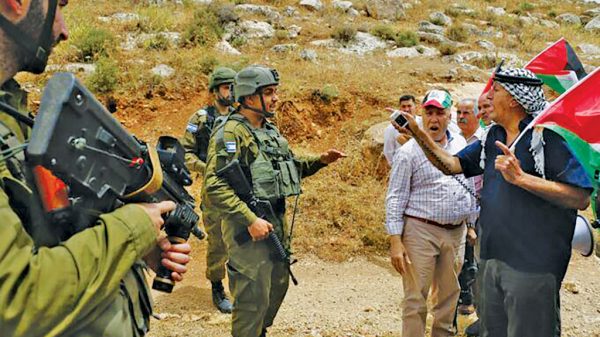
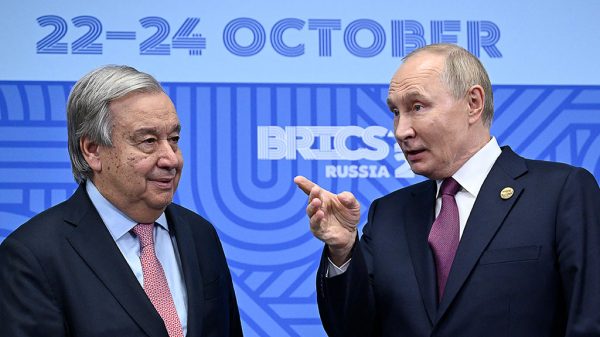
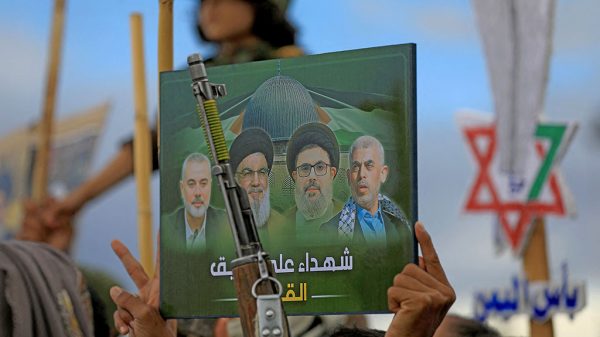
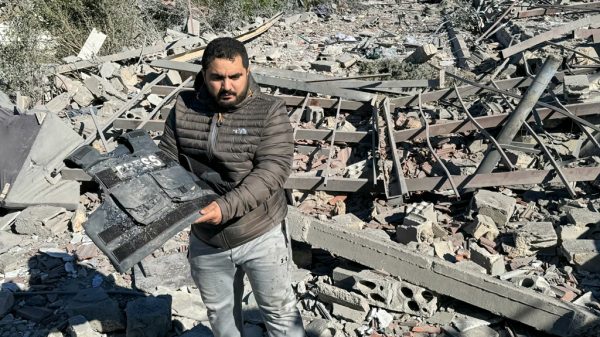
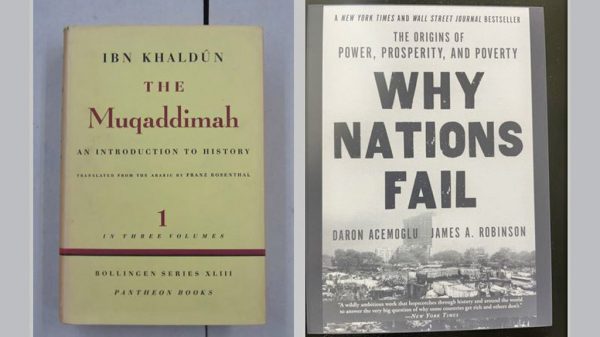
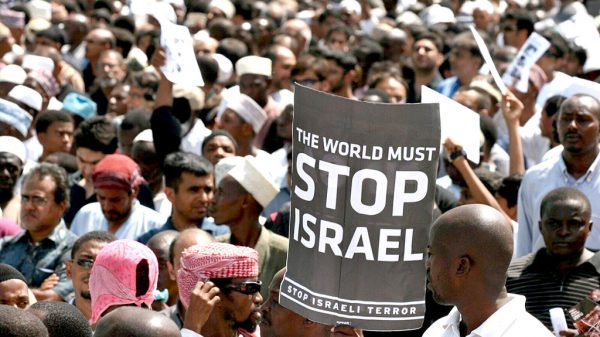

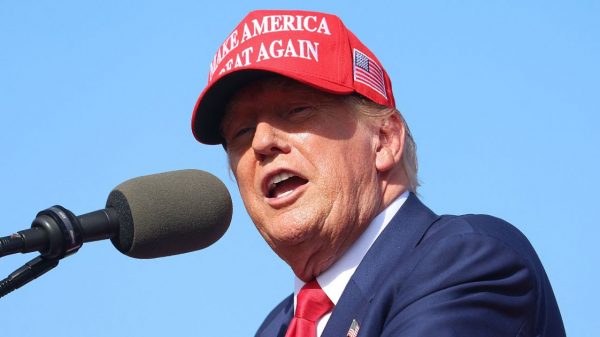
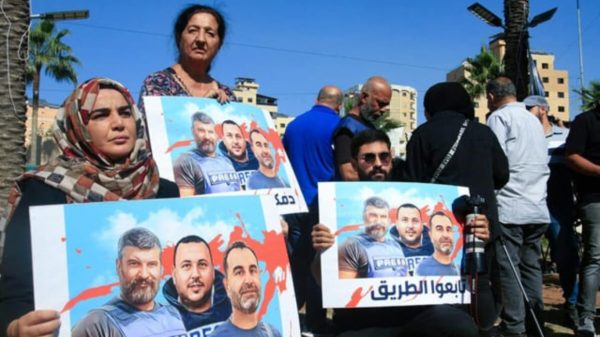
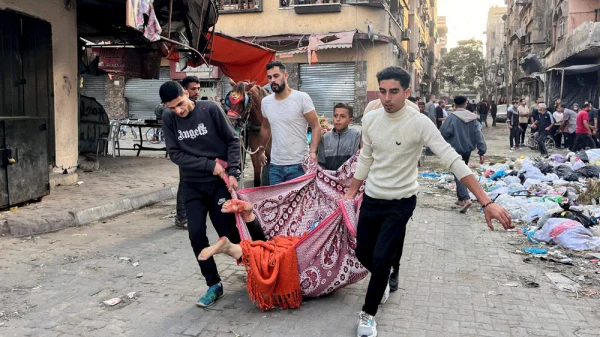
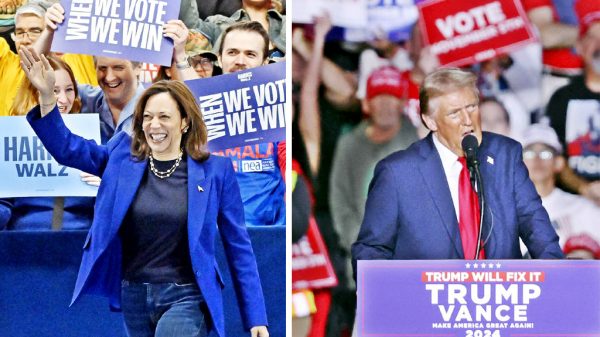
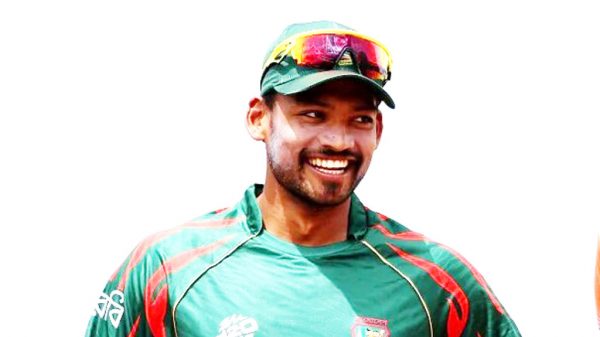
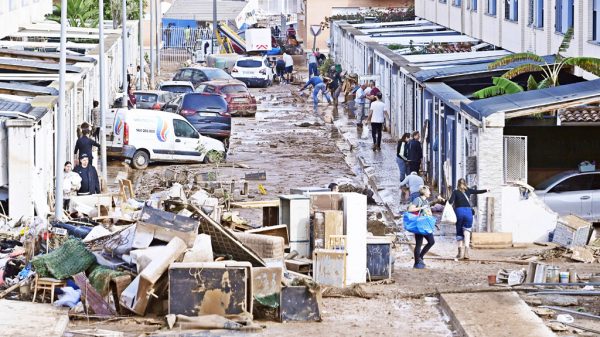
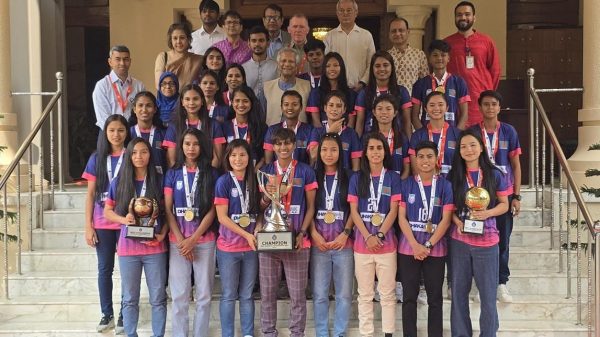
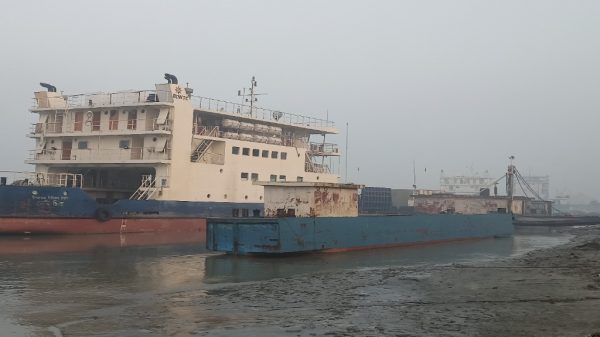
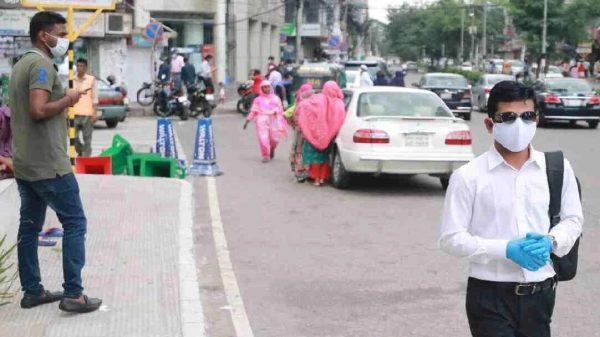











Leave a Reply